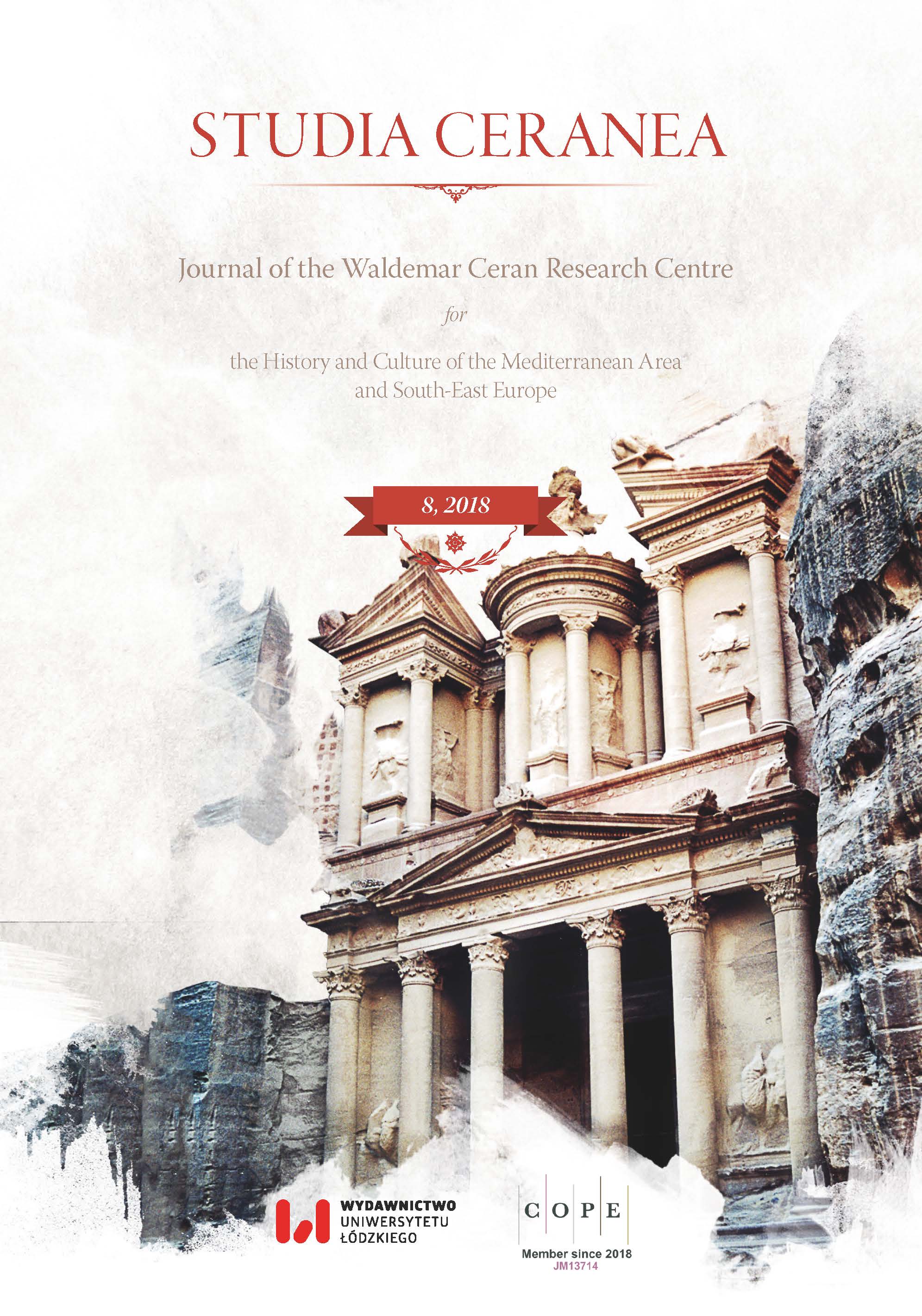The Byzantine-Poetic Path of the Works of St. Maximus the Greek (Mikhail Trivolis, *Arta, ca. 1470 – St. Maximus the Greek, †Moscow, 1556)
The Byzantine-Poetic Path of the Works of St. Maximus the Greek (Mikhail Trivolis, *Arta, ca. 1470 – St. Maximus the Greek, †Moscow, 1556)
Author(s): Neža ZajcSubject(s): Christian Theology and Religion, 15th Century, Philology
Published by: Wydawnictwo Uniwersytetu Łódzkiego
Keywords: St. Maximus the Greek; the Holy Mount Athos; Manuscripts; Byzantine Hymnography; Orthodox Theology
Summary/Abstract: Maximus the Greek has been frequently misunderstood because of his individual use of the Slavic language. Born as Mikhail Trivolis in the Greek town of Arta, he received his humanist education in North Italy, particularly in Florence and Venice, where he was engaged in the process of the first editions of printed books and where he would constantly deal with manuscript samples. His original, authorial work, as preserved in his manuscripts, reflects his awareness of firm Orthodox theology and at the same time a special attention to grammatical rules. The paper shows how his use of the (Slavic) language was at all times intentional and at the same time profoundly influenced by the metrical rules of liturgical emphasis. Through such attitude, Maximus the Greek managed to create his own, deeply personal language and to express the complexity of Byzantine patristic, hagiographic and iconographic issues. Finally, he successfully established his Orthodox theological system, significantly marked with the poetic effect that strongly inspired his theological works.
- Issue Year: 2018
- Issue No: 8
- Page Range: 285-318
- Page Count: 34
- Language: English

